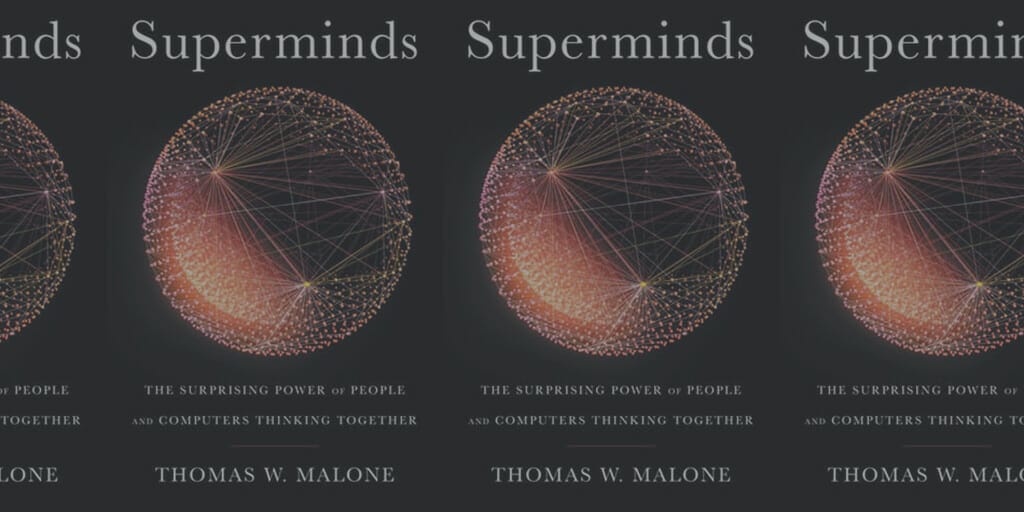By Brian Sherry June 20, 2018
Elon Musk recently made an admission that isn’t entirely in keeping with our tech-crazy times: “Humans are underrated.” Musk was speaking of the problems he experienced at his Tesla electric car factory after becoming overly reliant on artificial intelligence (AI) rather than human workers. In theory, AI boosts productivity and profit margins by lessening the need for humans who must eat, sleep and get paid. But in practice, there are some things – ranging from menial physical tasks to strategic creative thinking – that people still do better than robots or computers.
This begs the question: Can organizations maximize the gains from automation without losing the qualities offered by a human workforce?
Thomas Malone, professor at the MIT Sloan School of Management and author of the newly published book “Superminds: The Surprising Power of People and Computers Thinking Together,” (Little, Brown & Company, May 2018), says that humans and machines will work together in ways that amplify their powers of collective intelligence beyond anything we could have previously imagined. The future is not humans and machines competing or in conflict. Rather, they will fuse their different intelligences to do things together that we could never do before.
Malone, whose research spans more than three decades, says the merging of separate intelligences into greater wholes – hierarchies, communities, markets, and democracies, to name a few – is nothing new. He calls these entities “superminds,” and argues they have been responsible for virtually all human achievements throughout history. But the key difference now is computers can help create much more intelligent superminds, not just with artificial intelligence, but perhaps even more importantly, with hyperconnectivity: connecting people to one another at massive scales and in rich, new ways. Indeed, human-computer collaboration will transform the future of work for the benefit of all, as Malone pointed out in a recent article for the MIT Sloan Management Review. These new superminds will be “smarter than any groups or individuals our planet has ever known,” allowing businesses, governments and organizations of all types to capitalize on immense opportunities.
Organizations will have to avoid the mistake made by Tesla in assuming that the future lies entirely with AI and ensure their workforces can draw upon the best of both worlds. Just as the past was marked by successful cooperation between diverse groups of individuals, so will the future be guided by the fusion of human and machine capabilities into potent superminds. In his new book, and in speaking presentations, Thomas Malone demonstrates how vast the opportunities are for business innovation, public policy and solving all manner of global problems. We are on the cusp of an exciting new era, and every organization must develop a strategy for integrating the power of people with the power of machines.

